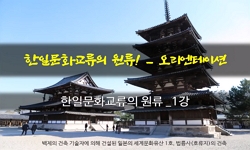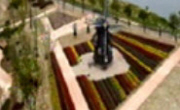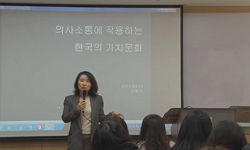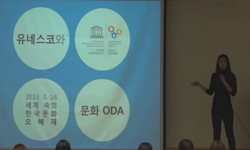The time of the Phoenician and Greek expansion (from ca. 800 BC) into the Mediterranean marks a turning point for the entire region and also for the island of Sicily in the center of the sea. One aspect that is of particular interest in the research o...
http://chineseinput.net/에서 pinyin(병음)방식으로 중국어를 변환할 수 있습니다.
변환된 중국어를 복사하여 사용하시면 됩니다.
- 中文 을 입력하시려면 zhongwen을 입력하시고 space를누르시면됩니다.
- 北京 을 입력하시려면 beijing을 입력하시고 space를 누르시면 됩니다.
https://www.riss.kr/link?id=A107983850
- 저자
- 발행기관
- 학술지명
- 권호사항
-
발행연도
2021
-
작성언어
-
- 주제어
-
KDC
900
-
등재정보
KCI등재
-
자료형태
학술저널
-
수록면
83-111(29쪽)
- DOI식별코드
- 제공처
- 소장기관
-
0
상세조회 -
0
다운로드
부가정보
다국어 초록 (Multilingual Abstract)
The present article aims to ascertain the modes of encounters between Greek and local communities and how the relationship between these communities changed over time. As a reference for describing the situation adequately, basic insights from social psychology are applied. Since the colonization process lasted for several generations, three time stages for the observation of the development are defined and discussed. Due to the adoption of Greek material culture and customs by the local population an early Hellenization process can be observed for the local Sicilian communities. Although the applied framework allows for a better description of the encounters for each time stage, the actual reasons for the inclusion of Greek cultural elements into the local culture are not covered by that. Therefore, the present article offers an explanation derived from anthropology and world history, which emphasizes the role of single agents for spreading Greek culture among the local communities and how the local elite accepted these elements from their Greek counterparts through voluntary association in order to become part of the wider Mediterranean communication network.
The time of the Phoenician and Greek expansion (from ca. 800 BC) into the Mediterranean marks a turning point for the entire region and also for the island of Sicily in the center of the sea. One aspect that is of particular interest in the research of cultural interchanges is the way how people of different cultural backgrounds encountered each other and how they responded to these contact situations. Sicily is one of the areas that is well covered by historical and archaeological sources, which renders it an interesting testing ground for these kind of enquires.
The present article aims to ascertain the modes of encounters between Greek and local communities and how the relationship between these communities changed over time. As a reference for describing the situation adequately, basic insights from social psychology are applied. Since the colonization process lasted for several generations, three time stages for the observation of the development are defined and discussed. Due to the adoption of Greek material culture and customs by the local population an early Hellenization process can be observed for the local Sicilian communities. Although the applied framework allows for a better description of the encounters for each time stage, the actual reasons for the inclusion of Greek cultural elements into the local culture are not covered by that. Therefore, the present article offers an explanation derived from anthropology and world history, which emphasizes the role of single agents for spreading Greek culture among the local communities and how the local elite accepted these elements from their Greek counterparts through voluntary association in order to become part of the wider Mediterranean communication network.
동일학술지(권/호) 다른 논문
-
아스클레피오스는 아테네와 에피다우로스의 국제관계를 위한 신인가?
- 한국서양고대역사문화학회
- 이상덕 ( Lee Sangduk )
- 2021
- KCI등재
-
폼페이우스, 카이사르 그리고 로마 원로원: ‘건축 경쟁’에서 내전으로(62-44 B.C.)
- 한국서양고대역사문화학회
- 김덕수 ( Kim Deogsu )
- 2021
- KCI등재
-
- 한국서양고대역사문화학회
- ( Kathleen M. Coleman )
- 2021
- KCI등재
-
- 한국서양고대역사문화학회
- 가와모토유키코
- 2021
- KCI등재





 KCI
KCI KISS
KISS







